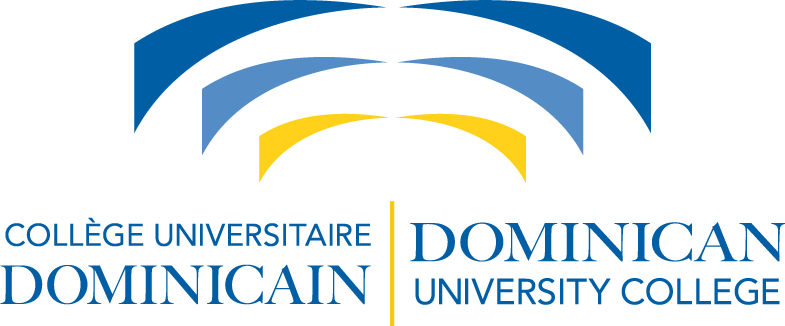Bible et archéologie / Bible and Archeology (Ph. D.)
Pendant des siècles, les croyants ont lu la Bible en pensant que tout ce qui y était raconté s’était passé exactement comme c’était dit, en d’autres termes, que tout était « historique ». De toute façon, rien n’aurait pu leur faire penser autrement puisqu’il n’y avait aucune autre source et que leur monde ressemblait beaucoup au monde biblique. Les premières fouilles archéologiques du 19e siècle ont d’abord semblé montré que cette façon de voir était juste et prouver l’historicité de la Bible. S’il y avait des désaccords, ceux-ci étaient jugés mineurs. C’est ce qu’on a appelé « l’archéologie biblique ». Tout a brutalement changé autour de 1990 avec la nouvelle archéologie. En utilisant de nouvelles méthodes dans des régions jusque-là sous-exploitées, les résultats se sont avérés surprenants et ont mis en questions les anciennes certitudes. Tout cela a causé un débat houleux dans le monde savant ainsi que dans les médias. Si les résultats de la nouvelle archéologie sont exacts, toute la question historique de la Bible, surtout de l’Ancien Testament, doit être complètement repensée. Qu’est-ce que cela implique pour la foi judéo-chrétienne, fondée sur cette histoire? Ce sont ces questions sur lesquelles se penchera notre séminaire de recherche.
For centuries, believers who read the Bible thought that all it tells happened exactly as told, in other words that all was “historical”. Nothing anyway would have led them to think in a different way since there were no other source and their world resembled the biblical one. Early archaeological surveys in the 19th century first seemed to show that this was right and to prove the “historicity” of the Bible. If there were disagreements, they were deemed minor. This is what has been called “Biblical archaeology”. All changed around 1990 with the new archaeology. Using new methods in under exploited areas until then, the results were astonishing and questioned the certainties. Almost nothing of what the Bible says seemed to have really happened or taken place. These opinions caused a heated debate in the scholarly world and an uproar in the general media. If the results of this new archaeology are right, the whole historical question in the Bible, especially the Old Testament, has to be completely rethought. What does this imply for the Judeo-Christian faith that is precisely built on history? These are the questions and issues that our research seminar will deal with.
